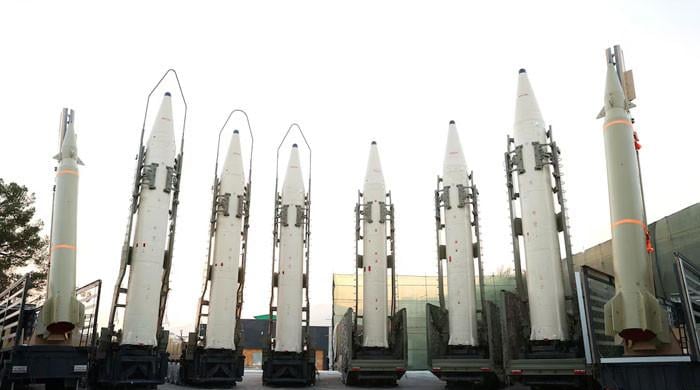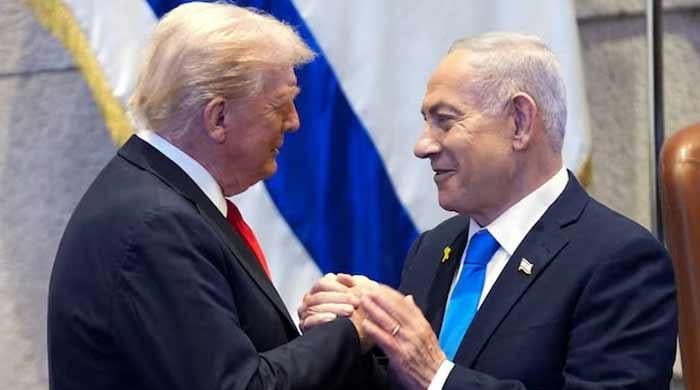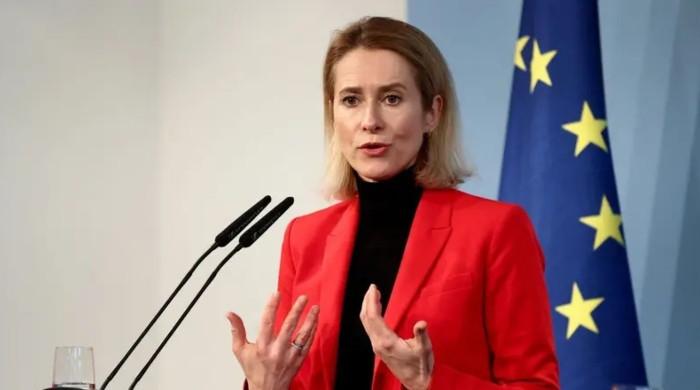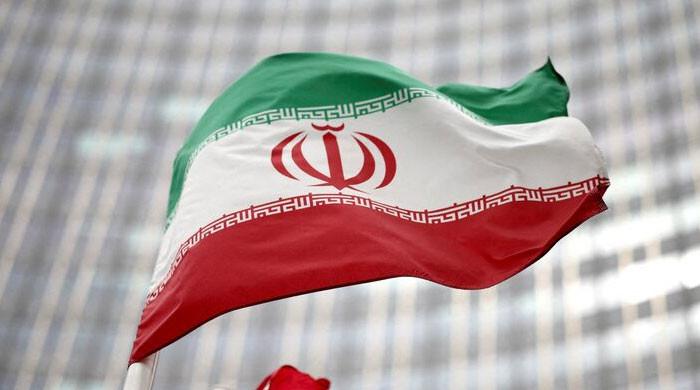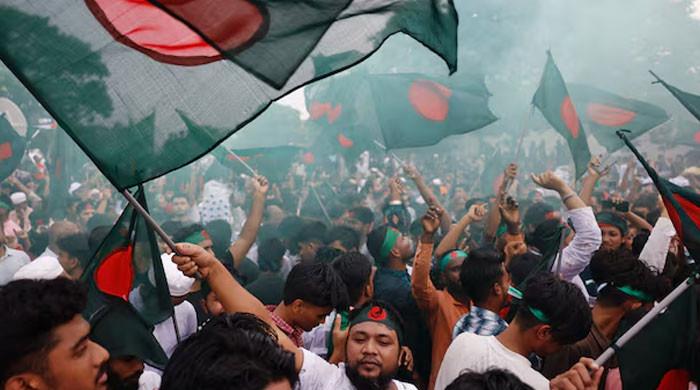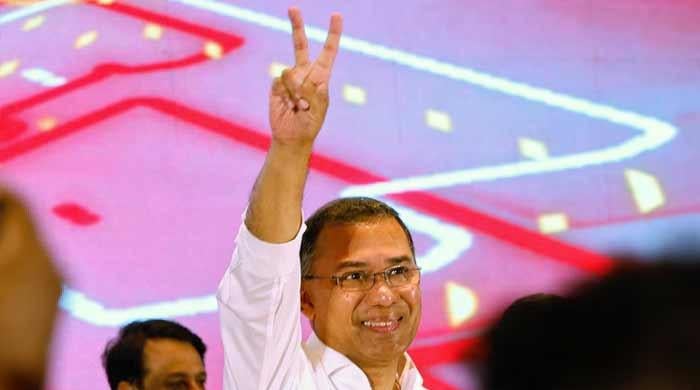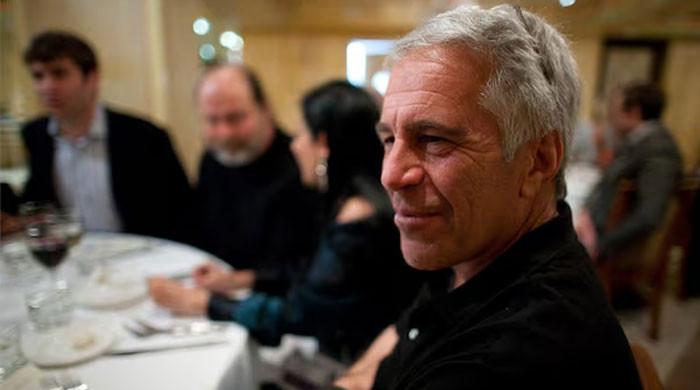India releases Kashmiri leader Farooq Abdullah from detention after 7 months
Farooq Abdullah, 82, had been confined to his residence in the main city of Srinagar since August 5 lockdown
March 14, 2020
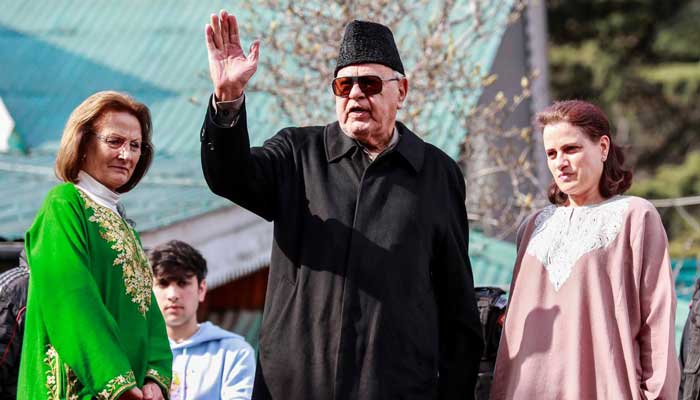
SRINAGAR: Indian authorities on Friday ordered the release of Kashmir’s most prominent politician, Farooq Abdullah, one of dozens of leaders held since August after New Delhi withdrew the region’s autonomy.
Abdullah, 82, had been confined to his residence in the main city of Srinagar since August 5.
An official order said the government was revoking Abdullah’s detention "with immediate effect", without giving a reason.
Soon after, the parliamentarian and former state chief minister addressed supporters and thanked those "who fought for my freedom".
“But this freedom is not complete; the freedom will be complete when all the leaders .... who are in either prisons in the state or outside the state, on in ... hostels or in various buildings where they have been put under house arrest,” he told reporters in main city Srinagar.
“I hope that the government of India takes action soon to release everyone if they want that the people of the state should have freedom to live as free people,” he said.
Read also: Indian forces arrest former occupied Kashmir CM Farooq Abdullah
Abdullah, his son Omar Abdullah and several other top Kashmiri politicians were among thousands taken into custody following the clampdown in occupied Kashmir.
The Abdullahs and other politicians were detained under the stringent Public Safety Act, that has been condemned by rights groups because suspects can be held for up to two years without appearing in court.
A police report justifying the detention accused the veteran lawmaker of resorting to "dirty politics" and "instigating and provoking general masses" against the Indian government.
Omar Abdullah, also a former chief minister, and hundreds of others remain in detention, many outside the territory in other Indian states.
New Delhi locked down the region following the August move, bringing in tens of thousands of troops into the already heavily militarised territory.
The government imposed a communication blackout with mobiles phones, internet links and landlines down and the detentions of scores of people including Abdullah to prevent large scale protests from erupting over the loss of autonomy for Kashmir.
Read also: India blocks SMS services in occupied Kashmir citing unrest
Restricted Internet access was allowed in late January after a blackout lasting almost six months.
The security lockdown and detentions have drawn international criticism including by the European Union and the United States.
“But this freedom is not complete; the freedom will be complete when all the leaders .... who are in either prisons in the state or outside the state, on in ... hostels or in various buildings where they have been put under house arrest,” he told reporters in main city Srinagar.
Abdullah said a window had opened with his release.
“I hope that the government of India takes action soon to release everyone if they want that the people of the state should have freedom to live as free people,” he said.





